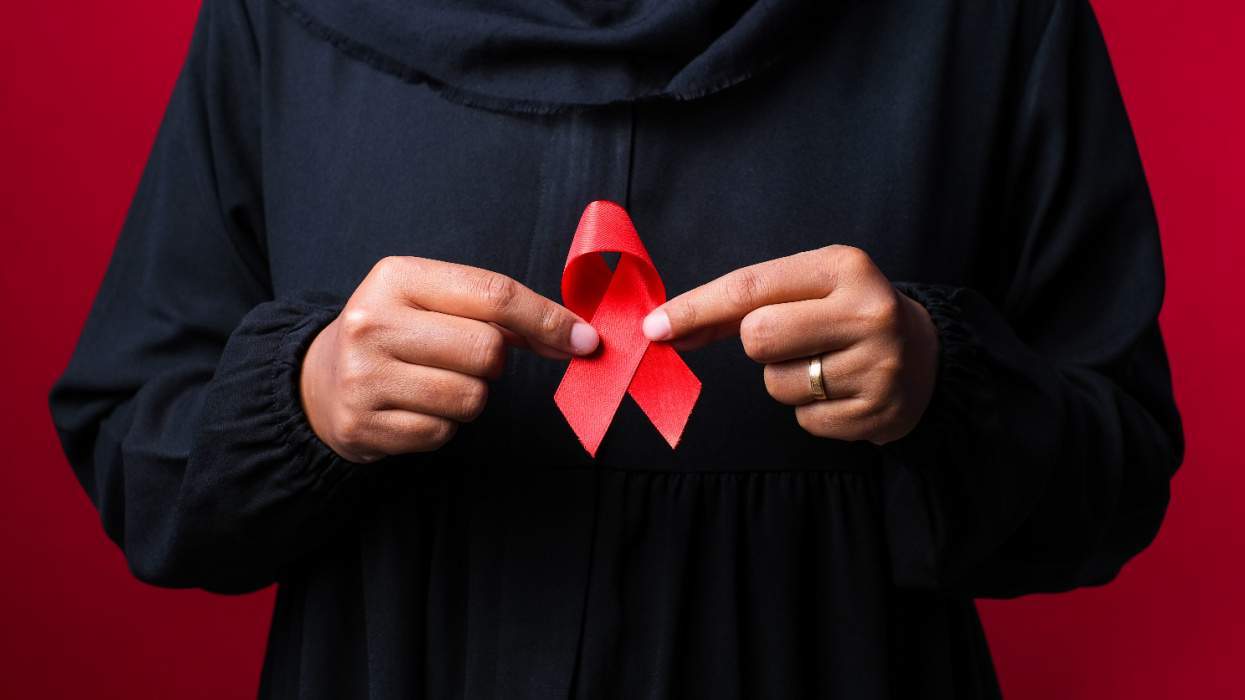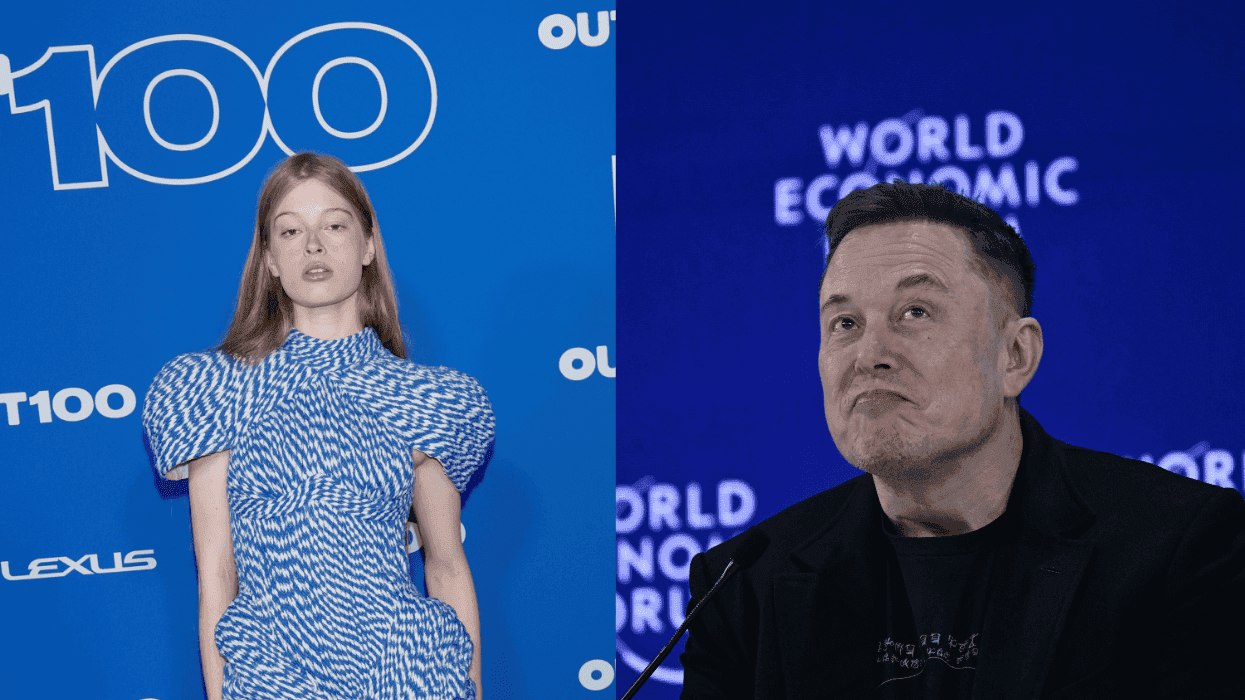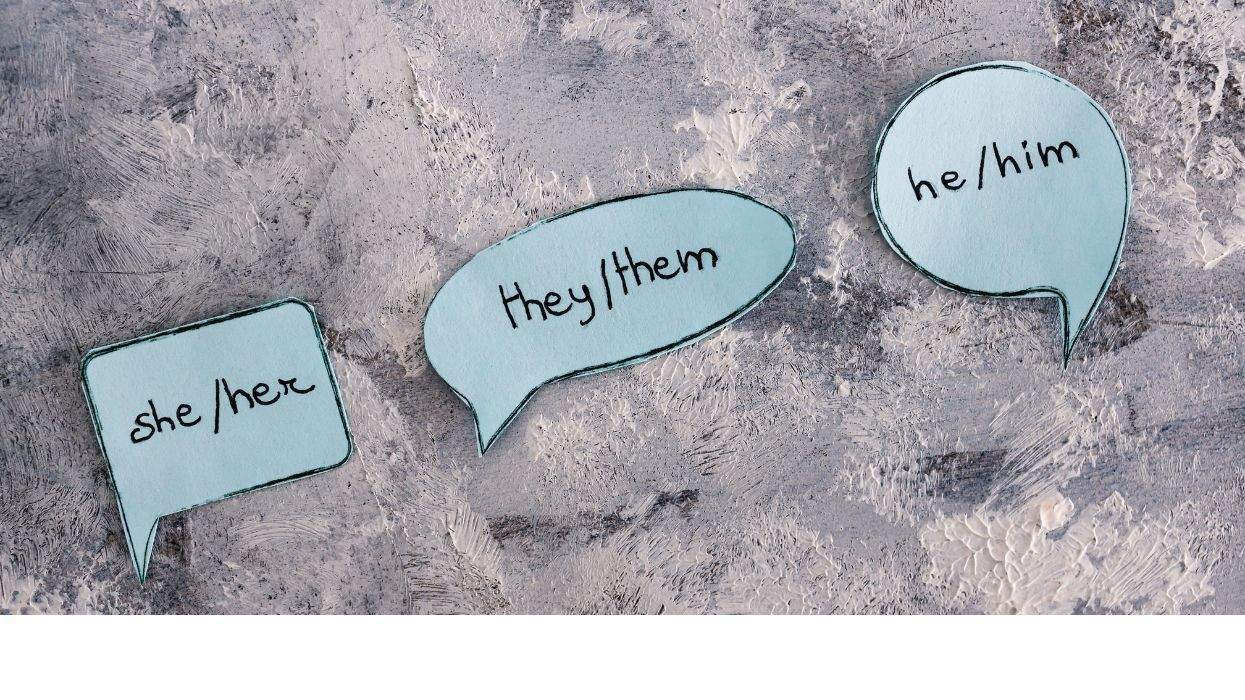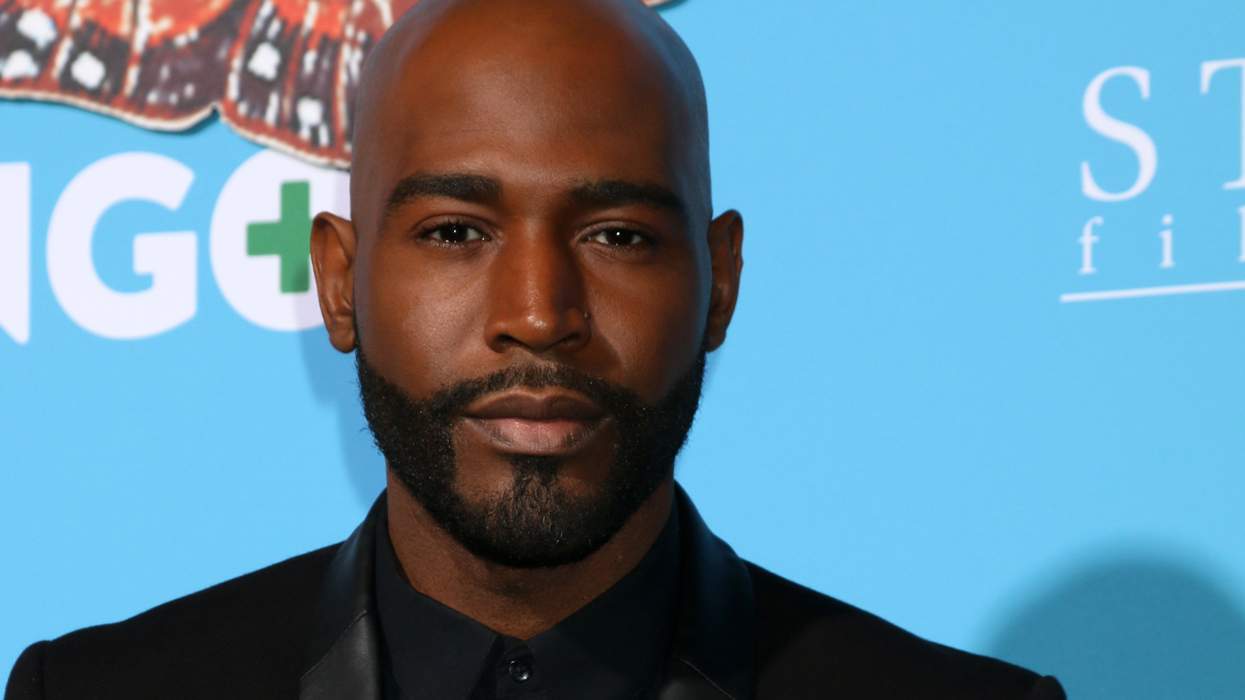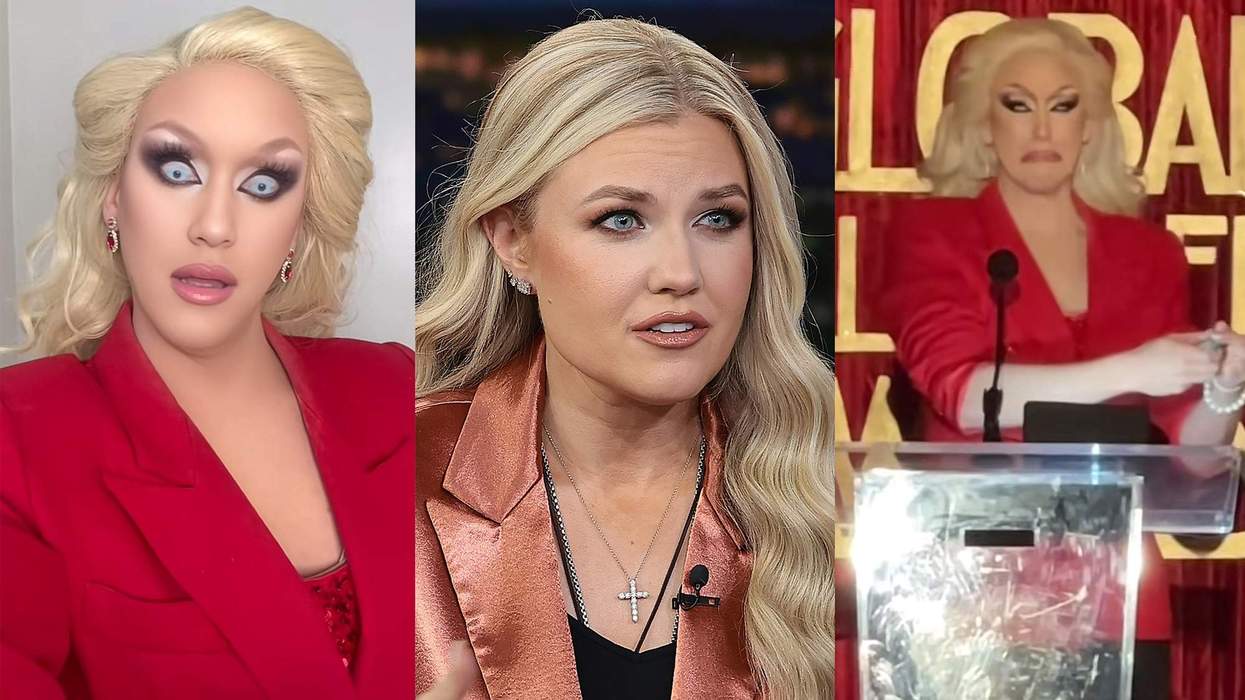In little more than a decade, we've gone from President Bush endorsing a potential Constitutional amendment banning same-sex marriage to full marriage equality nationwide. During this same period, public support for same-sex marriage has gone from 42 percent to a whopping 60 percent -- an almost unbelievably quick evolution that included, fittingly, our current president, Barack Obama.
The movement for marriage began decades ago. And it's true that as time passes we're all but destined to become, incrementally, more socially progressive. It is also true that we, as a country, are gradually becoming less religious. But tens of millions of Americans changing their positions on an issue as emotionally charged as same-sex marriage is the exact opposite of incremental and gradual. This last decade has brought a stark change, and there's an overlooked, under-examined factor involved: Marriage equality was a victory won, at least in part, via social media.
It is no coincidence that this 10-year period -- one in which same-sex marriage has gone from the brink of banishment via constitutional codification to full protection under federal law -- is the same period that has seen the advent and proliferation of social media. Platforms like Facebook, Twitter, and Instagram provided powerful allies in convincing, cajoling, and ultimately celebrating the simple notion that two consenting adults have the right to wed regardless of gender. And though we can never exactly measure social media's impact on bringing about marriage equality this quickly, it is fair to say that this impact is quite significant.
There have been studies conducted and articles published about social media's impact on this issue -- including a PBS article on the initial social media success of the now-synonymous red equal sign; an Atlantic piece on how a social media tool called Amicus helped sway opinions leading up to 2012 referendums in Minnesota and Washington states; and a cross-country comparison of social media's LGBT impact released by Salzburg Academy on Media & Global Change.
However, these studies and reports have rarely delved into the ways in which social media may have impacted opinions on marriage equality so expediently. What exactly happened in the social media space to further such a fast flip-flop?
For starters, a unique aspect of social media is that it is personal without needing to be intrusive or confrontational. Let's assume, as I believe it is safe to do in this instance, that people are more open to changing their minds on any given issue if they are not being lectured in person. Especially in our ultra-divided, red-and-blue society, conversations of that nature make people feel trapped, and often just lead to ideology-fueled shouting matches.
Conversely, it's less personally challenging to read, in our own private time and personal space, the opinions of those we've pre-cleared as "friends" or chosen to "follow." As a result, opposing opinions become more palatable and therefore more influential.
It's simple: We're less likely to completely dismiss a contrary viewpoint if it comes from those we've personally welcomed into our own slice of cyber-space. By allowing our friends to share their thoughts on our walls and feeds and billboards, we've already "pre-accepted" their opinions and, when they diverge from our own, are usually willing to at least hear them out. It's in our nature to try to find common ground with those we like, love, or respect.
Second, social media has the ability to create, for better or worse, a unique type of bandwagon. When we notice a mounting number of our friends and followees espouse their views on a given topic, we're more likely to give the matter due consideration than if that cause were taken up by complete strangers.
This may not, of course, lead to someone changing their mind about something. After all, to use same-sex marriage as an example, if 60 percent of Americans support marriage equality, that still leaves a sizable minority, 40 percent, who do not.
But for people "on the fence" about a certain issue -- or for folks who simply may have never given the matter much previous consideration -- the posts, tweets and shares of our cyber-community can undoubtedly be a powerful persuader. Just as many children adopt their parents' political views, we start skewing toward our friends' stances on certain issues.
Third, the marriage equality movement was ideally suited to this sort of social media cyber-campaigning, insomuch as those against same-sex marriage had reasons not to share their views for fear of public shaming. It didn't take a genius to see which way the wind was blowing on this issue, a point which sagged the sails of the God Hates Queers crowd -- nowhere near completely, of course, but enough for the opposite viewpoint to gain, sustain, and exponentially increase momentum.
It's no coincidence that such a drastic shift in public opinion -- and now in law -- surrounding the important issue of marriage equality came about in what is still the infancy of social media. That this landmark moment in American history transpired in 2015 rather than, say, 2025 or 2035 is testament to the power of a medium that can be much, much more than mindless memes, frivolous shout-outs, and self-absorbed status updates.
Hopefully the heartwarming photos of our gay brothers and sisters, teary-eyed with joy, will inspire more of us to be more politically open and socially conscious in our social media use. As we've so momentously seen, love can win with a little help from likes.



